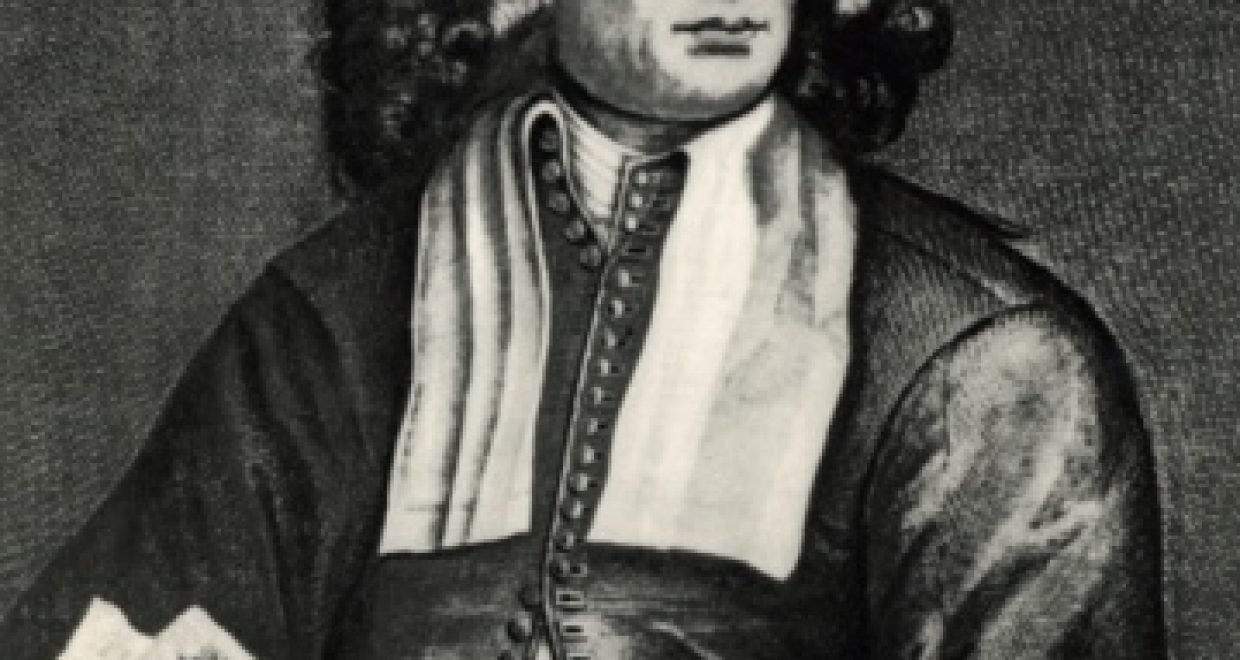How I met Arcangelo Corelli…unexpectedly
The latest issue of Eighteenth-Century Music includes an article by José María Domínguez entitled ‘Corelli, Politics and Music during the Visit of Philip V to Naples in 1702.’ Arcangelo Corelli was one of the most celebrated and influential composers and violinsts of the Baroque era and the article explores the political calculation behind his stay in the city. Dr Domínguez’s research was made possible by his unexpected discovery of a set of letters between Corelli’s patron Cardinal Pietro Ottoboni and his agent in Naples.
The letters are preserved in the Historical Archive of the Vicariate of Rome. This Archive is invaluable to musicologists and art historians as it houses the so-called ‘Stati d’Anime’, a very interesting record detailing the name, profession and address of everyone living in Rome year by year, between approximately the 16th and 20th centuries.
I was interested in finding out how many musicians were living in the palace of the Spanish ambassador in Naples at the end of the 17th century. My PhD thesis focused on the 9th duke of Medinaceli, a very important music lover and patron who protected Alessandro Scarlatti, Giovanni Bononcini and Bernardo Pasquini. Corelli also played for him on many occasions, conducting an orchestra in diverse serenatas and accompanying singers in the chamber music sessions which took place at the embassy. But on arriving at the Archive, I was not particularly concerned with Corelli.
Whilst I waited in the research room for the documents to be brought in, I decided to have a look through the Archive’s catalogues. Among them, was a ‘Fondo Ottoboni’ (Ottoboni’s section), which is very little known to musicologists. Within this very old and imprecise catalogue, I eventually found a volume entitled “Letters from Spain and Naples in Spanish to Cardinal Ottoboni from 1702 to 1706.” And there, unexpectedly, I found lots of references to Corelli.
The Neapolitan nobility were keen for the composer, one of the most famous of his time, to perform in Naples in honour of the Spanish King Philip V. However, these letters demonstrate that Corelli went to Naples only with the reluctant permission of his patron Ottoboni. Considering these facts in the wider context of the War of the Spanish Succession, my article argues that Corelli’s visit was the subject of significant political calculations on the part of Cardinal Ottoboni and members of the Spanish and Neapolitan nobility.
When I read the letters I could hardly believe the stories they told. It seemed as if Corelli wanted to be revived precisely in the year in which we celebrate the anniversary of his death.
To view Dr Domínguez’s article, click here.






